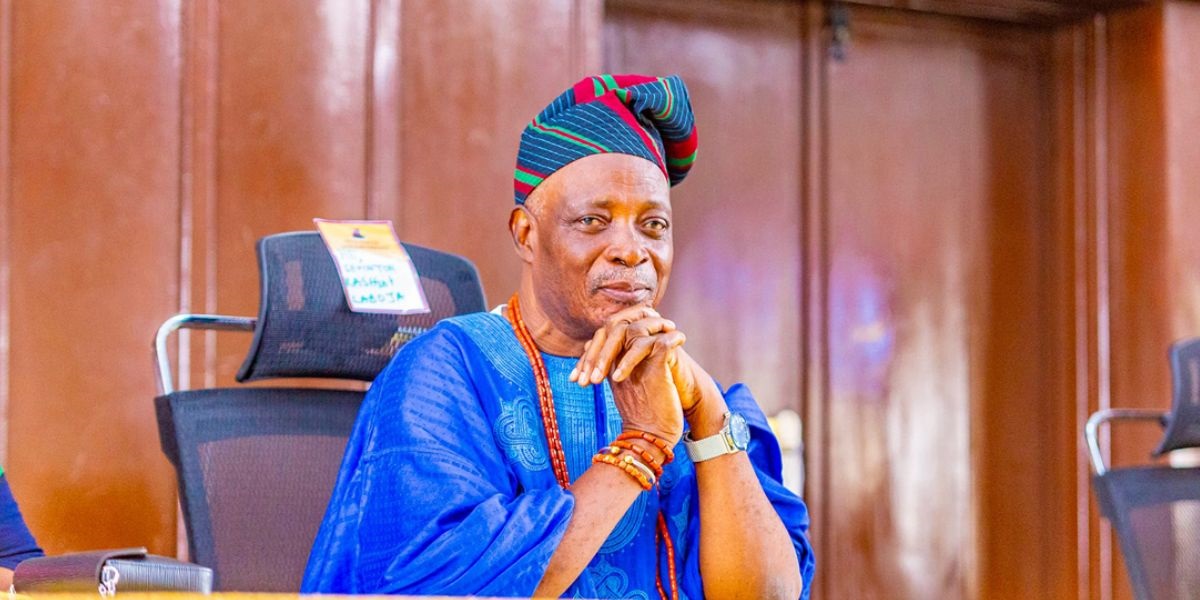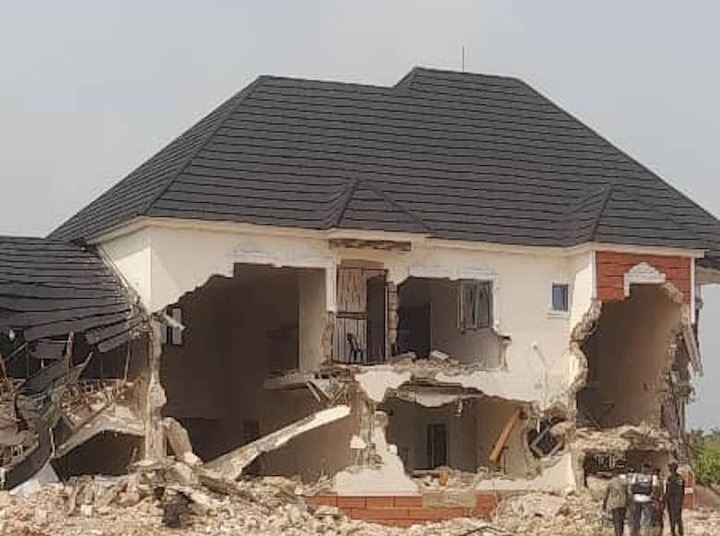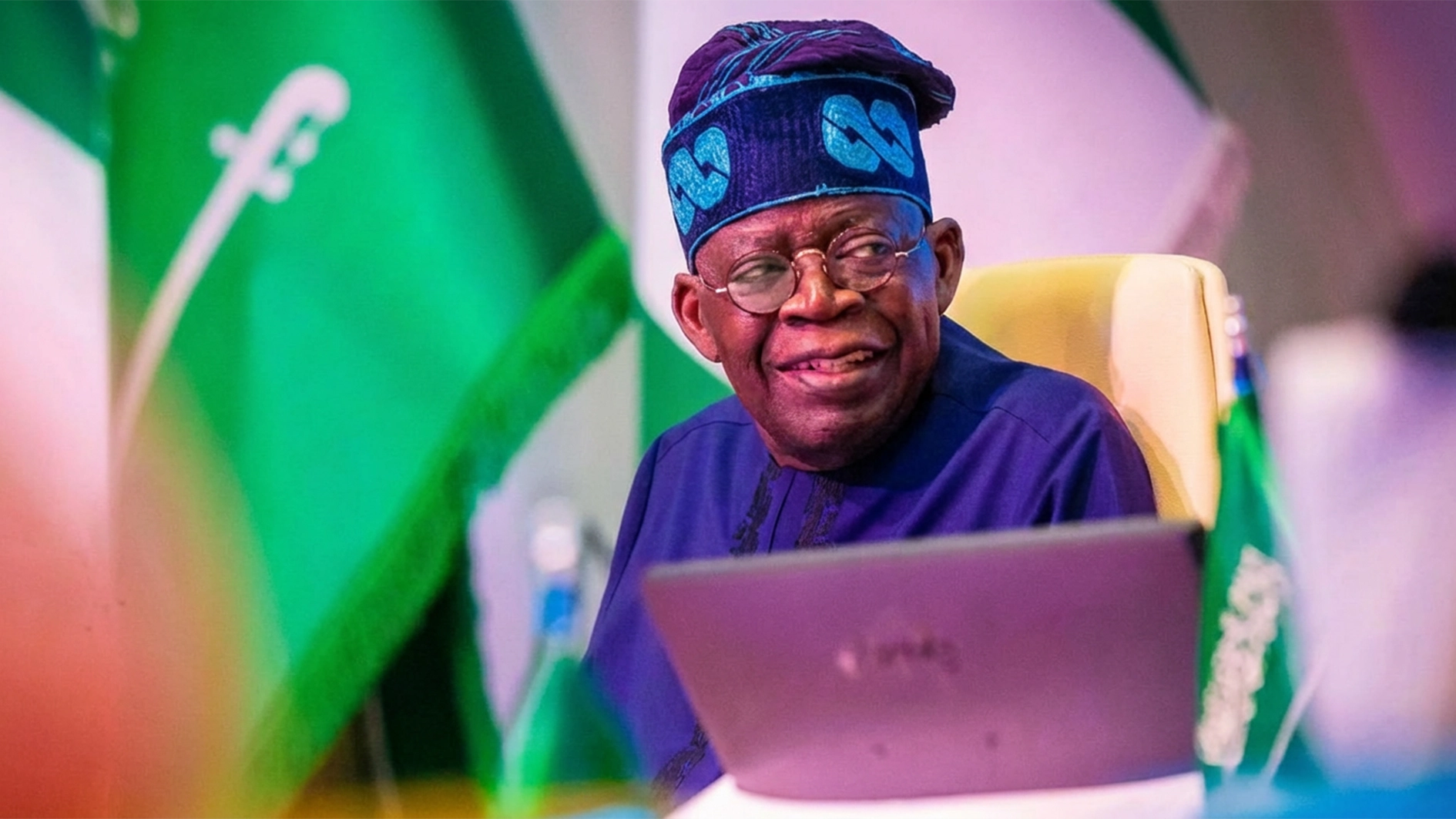• Moves to double the basic healthcare fund
•Without a new Constitution, $1tr economy won’t impact, says Agbakoba
After mooting a significant shift in Nigeria’s electoral calendar to reduce post-election disputes by conducting the next presidential and governorship elections in November 2026, six months before the incumbent’s tenure, the Senate was silent yesterday on the draft proposal when it passed for second reading the bill seeking to repeal the Electoral Act 2022 and enact a new Electoral Bill 2025.
The proposed Electoral Act 2025 introduces reforms aimed at strengthening Nigeria’s electoral governance, enhancing the independence of INEC, and promoting greater transparency and accountability across political and electoral processes.
The new provisions address key areas, including funding, candidate qualifications, voter registration, political party operations, campaign financing, and electoral offences.
Some major amendments include Section 3(3), which mandates the early release of INEC funds to ensure the timely preparation and execution of electoral activities.
Section 5 requires INEC to submit audited financial statements within six months after the end of each financial year; Section 10(2)(c): adds the National Identification Number (NIN) as part of the requirements for voter registration; Sections 12(1)(d) and 12(2) seek to recognise the voting rights of inmates, provided that the INEC makes the necessary arrangements for their registration and participation in elections.
Section 27(5–7) prescribes clear notice and timetables for elections, mandating that presidential and gubernatorial elections be held no later than 185 days before the expiration of the incumbent’s tenure; Section 44 introduces provisions for mandatory early voting, while Section 60(5) makes electronic transmission of results compulsory to enhance transparency and reduce electoral malpractice.
It also passed a bill seeking to amend the National Health Act, 2014, to raise the Basic Health Care Provision Fund (BHCPF) from one per cent to two per cent of the Consolidated Revenue Fund (CRF).
Meanwhile, Senior Advocate of Nigeria (SAN) and former President of the Nigerian Bar Association (NBA), Olisa Agbakoba, stated that the President Bola Tinubu administration’s target of a $1 trillion economy will be unattainable without fundamental reforms, particularly the adoption of a new Constitution.
The Senate proposal, contained in deliberations on the Electoral Act (Amendment) Bill, 2025, represents a fundamental shift in Nigeria’s electoral jurisprudence.
Sen Seriake Dickson (Bayelsa West) described the process in which aggrieved candidates must prove irregularities as “unfair and illogical,” arguing that the Commission, as the custodian of election materials and data, should bear the evidential burden.
“If our electoral system fails, democracy will exist only in name,” Dickson warned. “INEC conducts elections, appoints ad hoc officials, collates and announces results. It must therefore show that its conduct was lawful.”
Dickson urged the Senate to seize the moment to modernise the electoral system by authorising wider use of technology, reforming party primaries, and guaranteeing adequate funding and autonomy for INEC.
“Political parties have become the greatest threat to democracy,” he said. “We must regulate their conduct to entrench internal democracy.”
Senate President Godswill Akpabio endorsed the proposal, describing it as a necessary correction to an “imbalanced” system that unduly burdens citizens seeking justice.
“INEC should be held responsible because it conducts the elections, controls the materials, and manages the logistics,” Akpabio said. “It should carry the burden of proving that its actions reflected the will of the people.”
While acknowledging that the 2022 Electoral Act improved transparency through electronic result transmission, Akpabio stressed that the law “must evolve towards a near-perfect framework for 2027.”
In his closing remarks, Akpabio summed up the chamber’s mood: “Our democracy must move from electoral legality to electoral legitimacy.” The proposed health amendment, sponsored by the Chairperson of the Senate Committee on Health, Ipalibo Harry, aims to ensure sustainable financing for frontline health services and protect Nigerians from the effects of dwindling donor support.
If passed, the measure is expected to improve access to quality, affordable healthcare, reduce catastrophic out-of-pocket spending, enhance epidemic preparedness, and safeguard essential services, such as immunisation and maternal healthcare.
Leading the debate on the bill, Harry said the proposed amendment was both a “legal and moral imperative” to ensure that the government fulfils its constitutional duty to guarantee the welfare of citizens.
Harry explained that the Basic Healthcare Provision Fund (BHCPF), established under Section 11 of the National Health Act, was Nigeria’s first statutory mechanism for sustainable health financing, designed to ensure a minimum package of care for citizens, particularly those in underserved communities.
She noted that the present one per cent allocation had become grossly inadequate amid rising health costs, stagnating donor aid, and Nigeria’s transition away from major global funding platforms.
Nigeria’s gradual exit from Gavi, the Vaccine Alliance, and the reduction in U.S. government support for health programmes, she warned, could soon leave the country with the full financial burden of immunisation, maternal health and epidemic control services.
AKPABIO announced the second reading passage at yesterday’s plenary after a majority of senators supported it through a voice vote.
The bill was, thereafter, referred to the Senate Committee on Electoral Matters for further deliberation and a public hearing, after which the committee was directed to report back within two weeks.
Sponsored by the Chairman of the Senate Committee on Electoral Matters, Simon Lalong (APC, Plateau South), the bill seeks to strengthen the legal framework governing elections in Nigeria.
Initially presented for second reading last Thursday, the bill was, however, stepped down to allow for wider consultation. It resurfaced during yesterday’s session, where lawmakers extensively debated its general principles.
During debate on the bill, lawmakers argued that the law’s position, which placed the burden of proof on the petitioner, was unfair and undermined electoral justice. They proposed that INEC, as the body responsible for conducting elections, should bear the responsibility of proving that the elections were credible.
Senators also raised concerns over the growing threat posed by political actors to democratic institutions and called for greater support and funding for INEC to enable it to deploy more technology in future elections.
Akpabio applauded the improvements in Nigeria’s electoral system, stating that “elections have improved in the country since the Peoples Democratic Party (PDP) left power, we have had improvements, but we are not yet there.”
SPEAKING at a briefing in Lagos yesterday, tagged ‘Devolution is the Solution: Foundational Reform Agenda for Nigeria’s Transformation’, Agbakoba lamented that discussions about constitutional reform had been ongoing for 25 years without any tangible progress.
He expressed disappointment that the onus of constitutional amendments or the creation of a new constitution has been shifted to the National Assembly, describing this as a dereliction of duty on the part of the President.
The SAN emphasised devolution of power as crucial to Nigeria’s development, noting that the present structure was hindering progress. He also expressed concern that despite the emphasis on restructuring by presidential candidates in the last election, there had been a deafening silence from the current administration on the issue.
“History will judge this generation by one criterion: Did we have the courage to restructure Nigeria when we had the chance, or did we squander the opportunity and leave our children to inherit the whirlwind? The answer must be written in the ballot box of 2027 and inscribed in a new constitution by 2030.”






